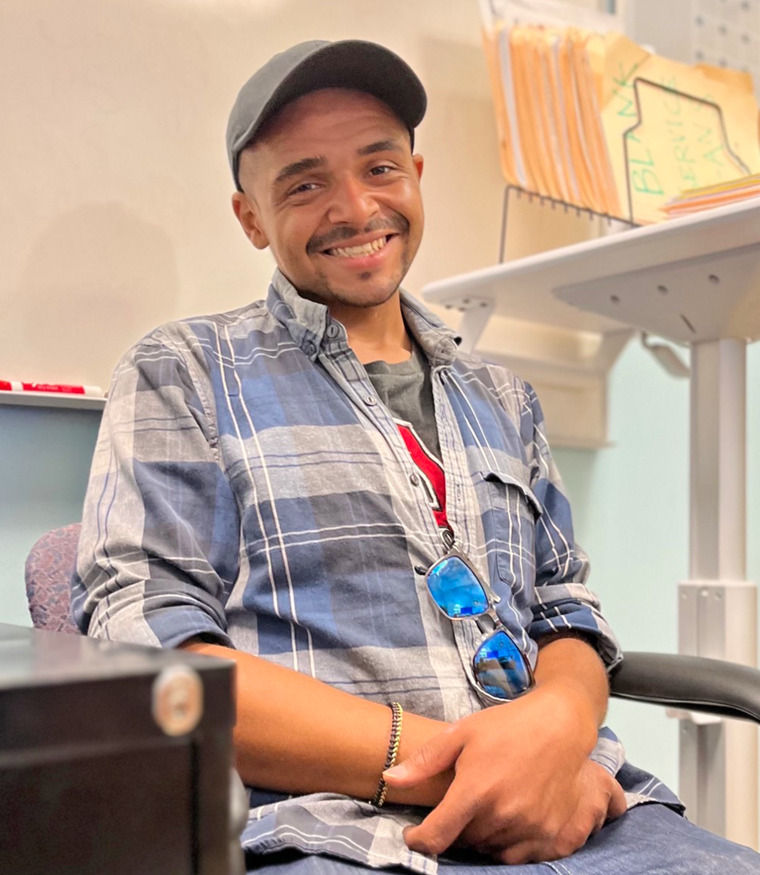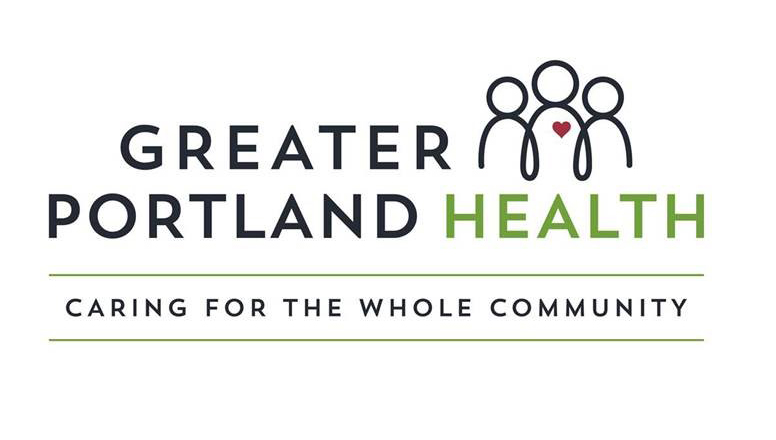OVERVIEW
Maine has one of the highest rates of opioid-related overdose deaths in the country. The number of Mainers who died from an overdose has tripled over the last seven years, with an estimated 636 people dying from overdoses in 2021 in our state. Most of these deaths were due to opioids. Living in high stress situations with limited access to healthcare makes people experiencing homelessness particularly vulnerable to both opioid use disorder and opioid overdoses.
In response to this tragedy, Preble Street and Greater Portland Health launched the Homeless Opioid User Service Engagement (HOUSE) Program, funded by the state of Maine, in 2021. The program mainly targets unsheltered individuals with opioid use disorder, as they face a high risk of fatality. To best meet the individuals’ needs and ensure paths to recovery, clinicians at Greater Portland Health provide clients with low-barrier Medication Assisted Treatment (MAT), while staff at Preble Street provide casework support and rapid housing assistance.

Housing is a critical component of substance use disorder treatment as the trauma of homelessness complicates people’s ability to engage in treatment and can trigger substance misuse and relapse.
When clients first enter the program, they often are living outside with little to no resources. Preble Street Health Services caseworkers do outreach and work to build trusting relationships with them. The primary priority, other than helping clients get to their regular MAT appointments with Greater Portland Health, is securing stable housing. When people have a safe, stable place to stay and feel supported, they can turn their focus from surviving moment to moment to recovery. Once clients are housed and succeeding in recovery, caseworkers support individuals in their other goals, including employment and reconnecting with family.
Though the program is in its early stages, there are already positive results in the community with over a dozen people housed and succeeding in their recovery. Many have expressed immense gratitude for the program, stating that they’ve never had this kind of support before. We are thankful for our partners at the State of Maine and Greater Portland Health for collaborating with us to give our most vulnerable neighbors a hand up to a better life.
hEALTH PARTNERS
FOR MORE INFORMATION
Please call 207-775-0026

